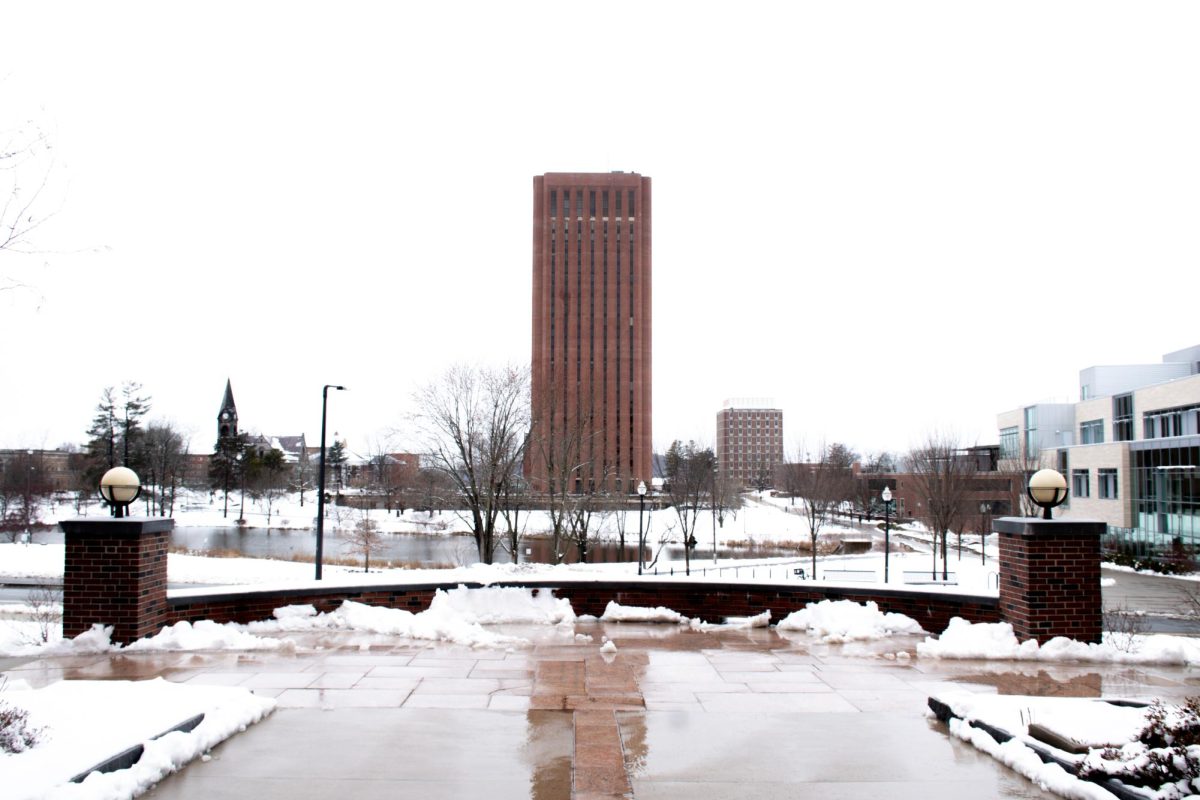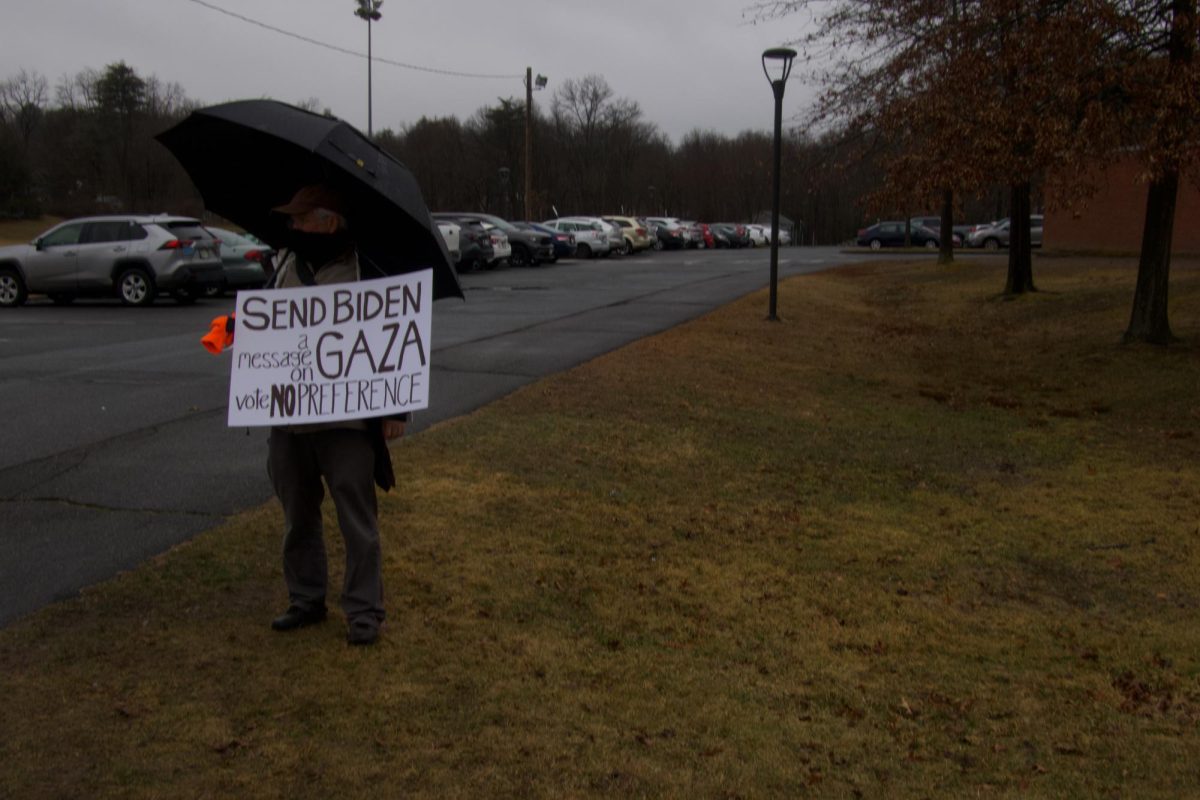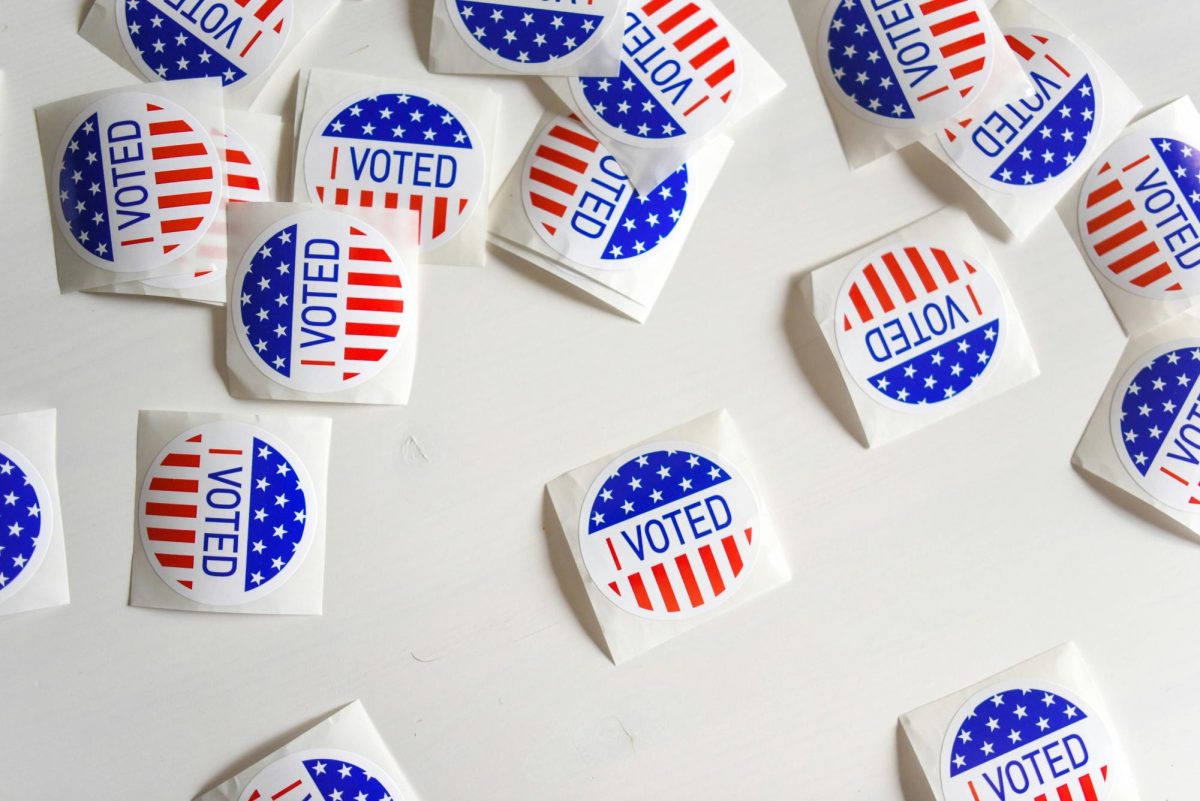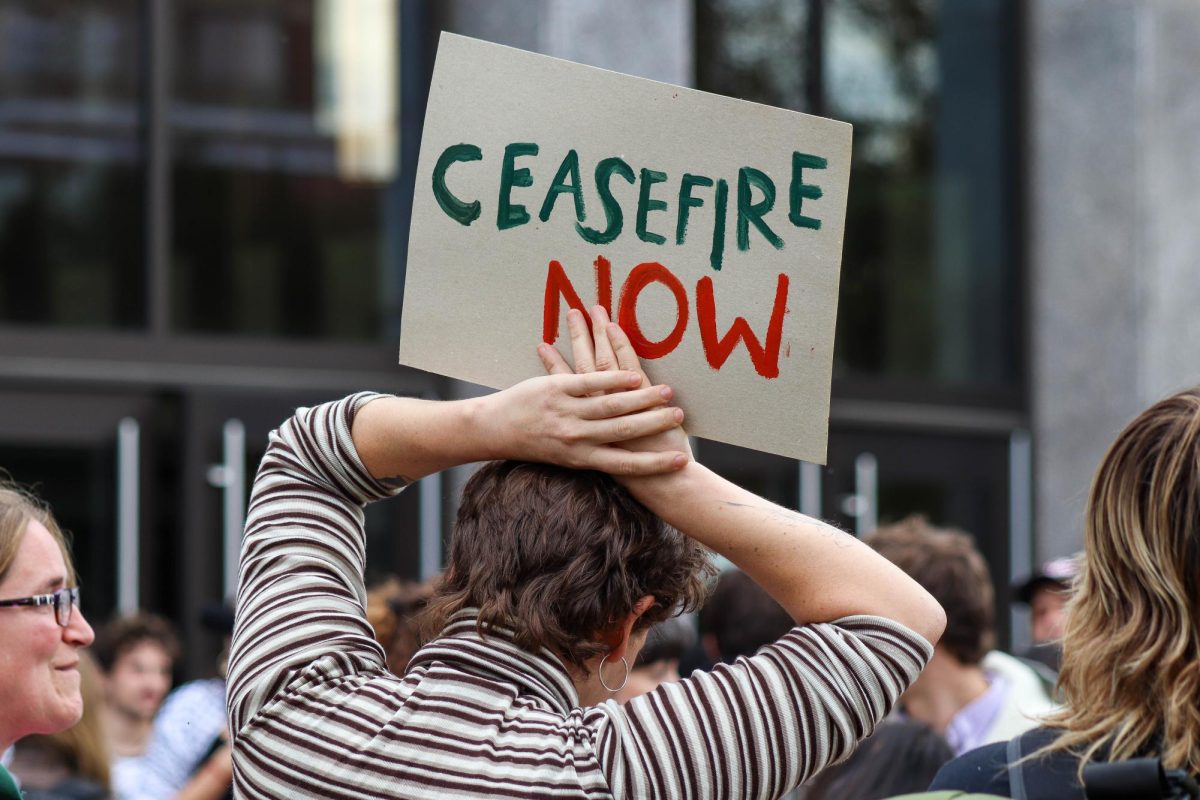Massachusetts voters decided Tuesday to eliminate the sales tax on alcohol, while keeping the Commonwealth’s sales tax at 6.25 percent and voting not to eliminate a law which allows developers to obtain one permit to build low and mixed-income housing.
Bay State citizens voted by a margin of 1,073,484-to-1,006,494 to remove the sales tax on alcohol, joining Kansas, Minnesota and North Dakota once again as the only states without sales tax applied to spirits.
The decision will likely benefit the liquor industry in the Bay State, which campaigned hard to remove the sales tax on alcohol, which was first instated in Massachusetts last August.
Almost all states impose an excise tax on liquor, and Massachusetts’ excise taxes on spirits are relatively low across the spectrum of liquors, with a $4.05 tax per gallon on spirits, a $.55 tax on wine per gallon and a $.11 tax on beer per gallon. Most other states also levy sales tax on alcohol, and Massachusetts was one of just four states not to until last year, and now rejoins that group.
Question 2 concerned repealing a law which allowed developers to apply for one permit from town and city zoning boards to build low or moderate-income housing. Essentially, developers in the Bay State have been able to apply for a single permit to build low-to-middle income housing, in lieu of being forced to apply for numerous permits from cities, towns, counties and the state.
Massachusetts voters roundly rejected the measure, voting against it in a vast majority of corners of the state.
Question 2 picked up support in only a few areas of the Commonwealth, such as a few areas of south suburban Boston, the far northeast corner of the state, districts in the southeast area of Massachusetts, such as Bridgewater, Kingston, Halifax, Lakeville and Norton, and areas northwest of Lowell, like Westford, Dunstable and Groton.
Across the rest of the state, Question 2 was resoundingly rejected.
In Boston, the proposition was defeated 75-to-25 percent. In Worcester, it lost handily, by a count of 65-to-35 percent. Question 2 lost by the same spread in Springfield, and by slightly more in Holyoke, at 67-to-33 percent.
In the Pioneer Valley, it was squarely defeated, as Amherst voters downed it 78-to-22 percent, and Northampton voters chose more housing bylaws by just one percent more, at 77-to-23 percent.
Ballot Question 3, which would have scaled the state’s scales tax down to three percent from 6.25 percent next year was also handily defeated.
The measure was downed by a count of 57-to-43 percent, with 1,208,082 votes against it to 906,977 in favor.
Though the Commonwealth has the ninth-highest sales tax in the country, Bay State voters decided not to scale back the 6.25-percent sales tax, with Massachusetts facing an unprecedented $2.8 billion budget gap.
Question 3 drew widespread support in the same areas where other conservative causes drew favorability: southeastern Massachusetts, in communities like Marshfield and Middleborough, further west, in such municipalities as Uxbridge, Northbridge and Upton, and in the north-central region of the state, in towns including Winchendon and Ashby.
Most of the western corner of the state voted against the initiative, with Amherst voting to keep the tax at its current level by a measure of 87-to-13 percent, and Northampton residents deciding against it at 80-to-20 percent.
Sam Butterfield can be reached at [email protected].












